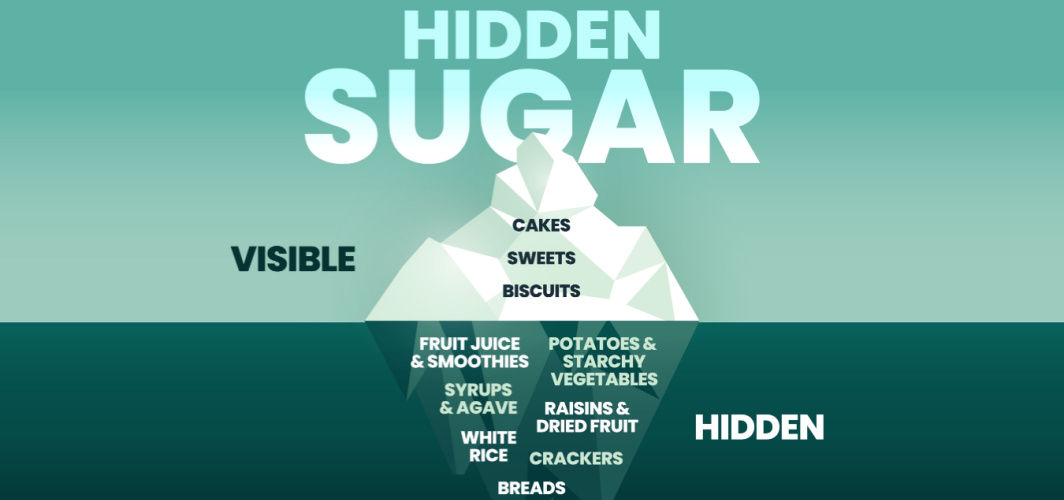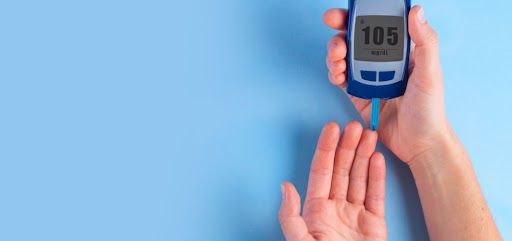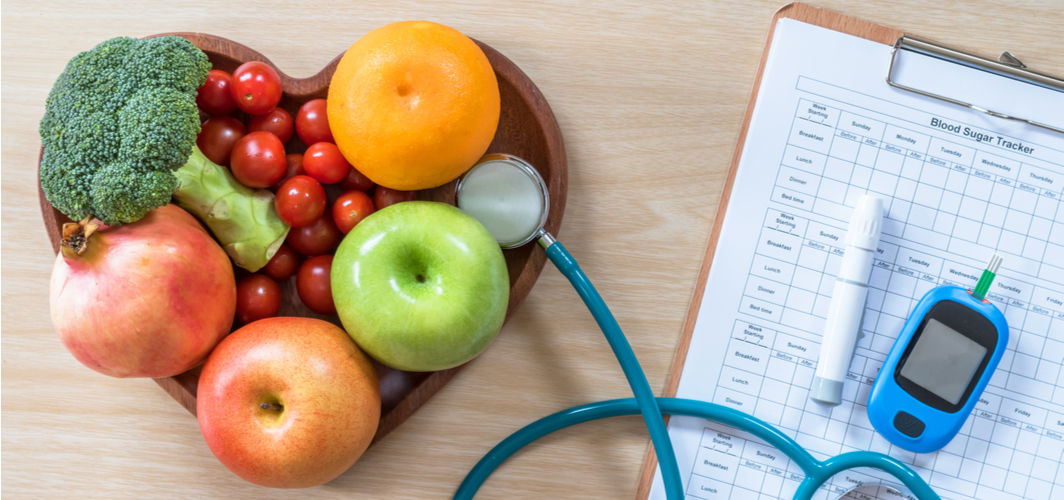Diabetes Management
Avoid or Limit These Common Foods with Hidden Sugar
5 min read
By Apollo 24/7, Published on - 07 January 2021, Updated on - 15 October 2023
Share this article
2
77 likes

Foods with hidden sugar in them
-
Carbonated beverages
-
Fruit juice
-
Breakfast cereal
-
Sauces and ketchup
-
Yoghurt/Curds
-
Bread
-
Protein powder and bars
-
Alcoholic drinks
Why is high sugar harmful to health?
- A study published in the journal JAMA Internal Medicine stated that people who consume a high-sugar diet are at an increased risk of dying from heart disease. In this study, the scientists analysed the subjects for 15 years and found that people who got 17% to 21% calories from added sugar in their diet had a 38% increased risk of dying from heart diseases compared to people who consumed 8% calories as added sugar.
- Another study conducted at the Johns Hopkins Bloomberg School of Public Health and University School of Medicine concluded that people who consume high levels of sugary carbonated beverages are at increased risk of developing coronary artery disease despite having no medical history of cardiovascular disease, cancer or diabetes.
- Studies reveal excessive sugar consumption can lead to obesity and metabolic syndrome, type 2 diabetes, hypertension, high cholesterol, non-alcoholic fatty liver and dental problems (cavities and plaque deposition).
Conclusion
Diabetes Management
Leave Comment
Recommended for you

Diabetes Management
All You Need To Know About Diabetes
This comprehensive guide provides a detailed overview of diabetes mellitus, exploring its various types, causes, symptoms, diagnosis methods, complications, and treatment options. The article emphasizes the importance of understanding the causes and risk factors of diabetes, including heredity, insulin resistance, obesity, genetic disorders, hormonal imbalances, and unhealthy lifestyle choices.

Diabetes Management
Exercising Later In The Day Can Help Control Blood Sugar Better. Here's How!
Recent studies suggest that exercising later in the day may reduce your risk of insulin resistance (high blood sugar). Let us understand all about it!

Diabetes Management
Explained: The Diabetes and Heart Disease Link
Can diabetes raise the risks of heart disease? Yes, diabetes can increase the risk of heart disease by affecting the blood vessels and promoting the buildup of plaque. Elevated blood sugar levels can damage the lining of blood vessels, leading to atherosclerosis. Additionally, diabetes is associated with other risk factors like high blood pressure and cholesterol levels, further contributing to heart disease risk.
Subscribe
Sign up for our free Health Library Daily Newsletter
Get doctor-approved health tips, news, and more.
Visual Stories

8 Fruits That are Incredibly Healthy for Diabetes
Tap to continue exploring
Recommended for you

Diabetes Management
All You Need To Know About Diabetes
This comprehensive guide provides a detailed overview of diabetes mellitus, exploring its various types, causes, symptoms, diagnosis methods, complications, and treatment options. The article emphasizes the importance of understanding the causes and risk factors of diabetes, including heredity, insulin resistance, obesity, genetic disorders, hormonal imbalances, and unhealthy lifestyle choices.

Diabetes Management
Exercising Later In The Day Can Help Control Blood Sugar Better. Here's How!
Recent studies suggest that exercising later in the day may reduce your risk of insulin resistance (high blood sugar). Let us understand all about it!

Diabetes Management
Explained: The Diabetes and Heart Disease Link
Can diabetes raise the risks of heart disease? Yes, diabetes can increase the risk of heart disease by affecting the blood vessels and promoting the buildup of plaque. Elevated blood sugar levels can damage the lining of blood vessels, leading to atherosclerosis. Additionally, diabetes is associated with other risk factors like high blood pressure and cholesterol levels, further contributing to heart disease risk.